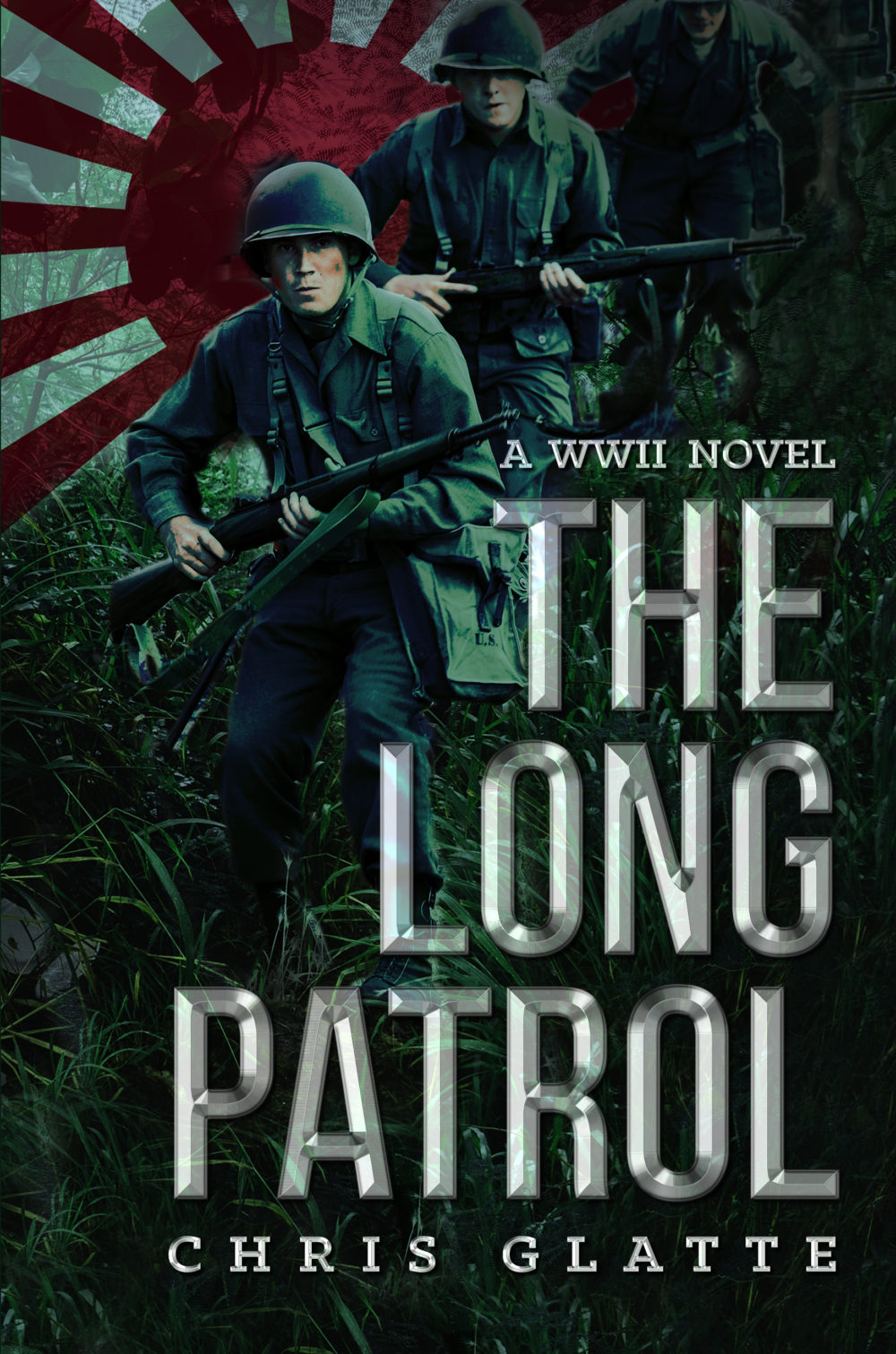
Sign up!
Be the first to hear of new books and offers

Be the first to hear of new books and offers
I’m often asked about my writing process. More specifically, do I follow an outline or wing it? The short answer is…I wing it (kind of). Pretty succinct answer(?)
I made a half-assed outline for my first book, The Long Patrol, but strayed from it so quickly, it was laughable. I was having such a good time writing it, I totally forgot I’d even made an outline, and before I knew it – actually eleven months later – it was done. Upon reading it in the editing phase, I was pleased with it despite it not being outlined.
Of course, writing semi-accurate WW2 is easier than making something up completely off the cuff. I mean, everyone knows the history of how Guadalcanal played out, so I knew the ending, or at least the overall, big picture, ending. But getting there was completely made up…thus the ‘kind of.’
I know how all my books will end in the general sense. The campaigns are already neatly wrapped up in history. In other words, each book in the 164th Regiment Series follows an actual unit through the actual conflicts they were involved with. Of course, there’s not an actual Sgt. Carver, that I’m aware of…he and everyone else was a figment of my imagination, but the campaigns they were involved with are accurate and true. This makes each book fairly obvious: the first book, they were on Guadalcanal, the second, Bougainville and the last, the Philippines. We know how those campaigns ended.
After I’d written the final book in the 164th Regiment Series, I read a book which convinced me outlining was the way to go. It all made perfect sense. It promised to make my writing smoother and faster, both things I was looking to achieve at that point, so I heavily outlined my next book, Across the Channel, and you know what? It’s my worst-selling book. It sells okay and people like it, but it’s the only book I’ve written that didn’t get the rave reviews…and it’s the only book I strictly adhered to the outline.
About the time I finished Across the Channel, I attended a writer’s conference in Las Vegas. It was mostly a waste of time for me, (I just didn’t connect well with other authors) but one speaker made the whole thing worth it, Dean Wesley Smith. He spent a half-hour talking about, ‘writing into the dark.’ Essentially writing without an outline, without direction, into the unknown. Like what I was doing before.
His talk had a huge impact on me. He was talking about the virtues of ‘pantsing,’ a loathsome term I despise. He had a number of great points, not the least of which was: every long-time author he knows (he’s been making a living from his books for 40 years, so he knows a lot), did it by writing into the dark, or pantsing.
This was a revelation to me. It resonated with me. He described how outlining took all the joy out of writing when he tried it. It made writing work. Made it hard. I thought back to my own experiences and couldn’t agree more. Writing, The Long Patrol, was far more satisfying and fun and was received and reviewed much better than, Across the Channel, by a factor of a thousand.
So, I wrote my next two books the way I wanted to write, by not outlining, and lo-and-behold, they’re successful and more importantly, I had a blast writing them. So here’s to writing into the dark!